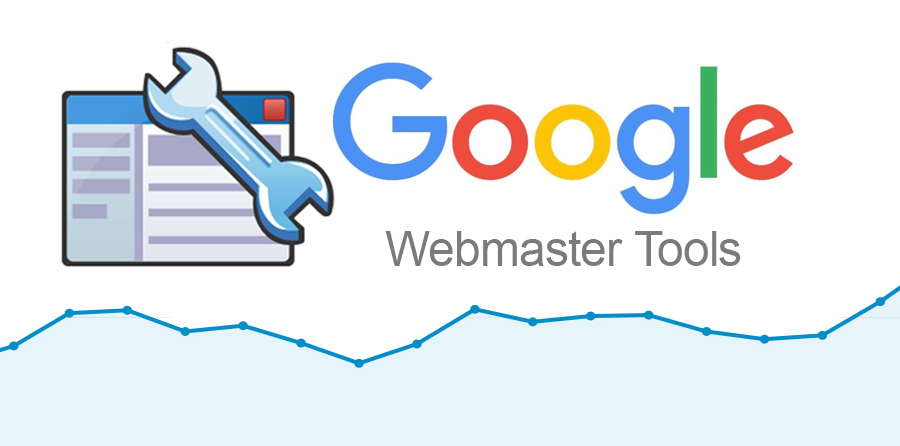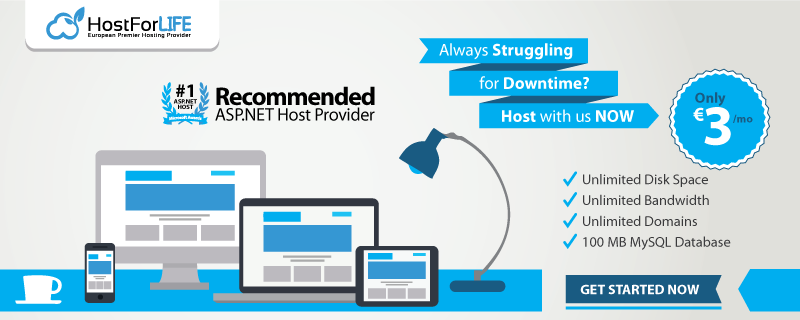A sluggish or unresponsive website might be a “first world problem” — but it’s one that web users take very seriously. If your company relies on online commerce, speed and reliability are absolutely imperative — a slightly slower load time can result in customers taking their business elsewhere, never to return. This infographic looks at the different ways a slow website can burn a hole in your pocket.
When an online business starts to lose money, the blame is often laid at the products being sold. While this obviously plays a large part, you should also be evaluating your website speed — the amount of abandoned shopping carts and uncompleted sales could be directly linked to this number.
Google Says Speed Counts
Perhaps Zynga, a firm with an unproven business model and disastrous post-IPO stock performance, isn’t enough to sway your belief that the content of your site is a lot more important than how quickly it loads. Well, listen to what Google has to say. It’s been more than a year since Google’s Matt Cutts wrote about Google’s incorporating page speed into its ranking factors:
Speeding up your website is a great thing to do in general. Visitors to your site will be happier (and might convert more or use your site more), and a faster web will be better for all…This change highlights that there are very constructive things that can directly improve your website’s user experience. Instead of wasting time on keyword meta tags, you can focus on some very easy, straightforward, small steps that can really improve how users perceive your site.
While Cutts noted at the time that initially only a small percentage of sites would see a significant change in ranking or traffic due to page speed factors, I find it likely that the emphasis will increase over time. Google doesn’t like to make sudden changes in its search results that dramatically affect normal, non-spammy websites. Having given webmasters fair notice, though, it’s reasonable to expect them to phase in greater emphasis until they feel that most of their top results deliver a high level of performance.
How Fast Does Your Site Load?
Websites generally “weigh” around 130 KB, including things like images, scripts and stylesheets. Sites like Web Page Test or Firefox browser plugins like Page Speed can give you a starting point.
Page Speed Online
In April of this year, Google also introduced its own web-based tool, accessible via Google Labs, called Page Speed Online. It’s available as a web-based tool as well as a Chrome extension.

Google Analytics Plugin by Yoast
If you’re using WordPress and the Google Analytics plugin by Joost de Valk (Yoast.com), you’ll also be glad to know that it now incorporates the Site Speed feature too. Among other things, it can help you understand how quickly or slowly your page loads across different parts of the world and different browsers.
Google Webmaster Tools

In addition, you can also check your site load time month by month using Google Webmaster Tools. Check out their “Labs” section for more details.
How to Decrease Page Load Time?
Once you find out your page’s loading time, what can you do to shorten it? The following steps can help any site, no matter how fast, trim a few seconds off of its loading time:
- Use GZIP compression – You’ll want to ask your web host if they use GZIP compression and deflation on their servers. These are two techniques that can significantly speed up a site, reducing file size by as much as 70% without degrading the quality of the images, video or the site at all. To see if your site is already GZIPPED, click here to run a simple test.
- Wrangle Your Javascript and Stylesheets – Have your scripts and CSS load in external files instead of cramping up each and every web pages. This way, the browser only has to load the files one time, rather than every time someone visits each page of your site. Ideally, put your external CSS in theportion of your site, and your external Javascript file as close to the tag as possible. This way, the browser isn’t bogged down wading through all those requests for external files right from the start. The only time you won’t want to do this is if the Javascript needs to load near the top of the page – such as to display a name or load up an image carousel.
- Optimize Your Images – In Photoshop or Fireworks, you can use the “Save for Web” option to drastically reduce image size. An image quality slider lets you see the visual trade-offs between graphic file size and crispness. Don’t have a graphics program? ImageOptim (Mac Only) or TinyPNG (Web based) can do the trick.
- Don’t Rely on HTML to Resize Images – HTML (and by extension, WordPress blogs), make it easy to create a smaller version of a larger graphic. But just because you load that smaller size, doesn’t mean it’s taking up any less room on the server. The browser still has to load the ENTIRE image, THEN check the width and height you want and THEN resize it accordingly.
- Cache Me If You Can – Content management systems like WordPress have plugins that will cache the latest version of your pages and display it to your users so that the browser isn’t forced to go dynamically generate that page every single time. Plugins like WP Super Cache can take a serious bite out of page load times.
- Don’t Confuse the Browser with Redirects – A 301 Redirect is the preferred way to change your site structure without losing any of that valuable search engine juice, but lots of 301 redirects piled together just confuse the browser and slow it down as it wades through the old destinations to get to the new one.
- Let the Network Carry the Load – If your site is extremely popular but you’re still having trouble getting your page load down to size, consider a Content Delivery Network (CDN). Content Delivery Networks work by serving pages depending on where the user is located. Faster access to a server near their geographical area means they get the site to load sooner..
- Choose Correct Hosting Provider – If you believe that you have followed above procedures but your site still working slowly, it might be caused by your server. You need to make sure to select reputable web hosting provider for your business.
